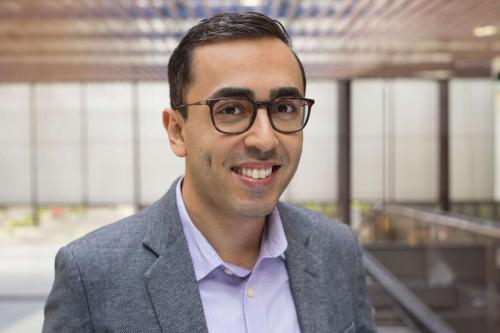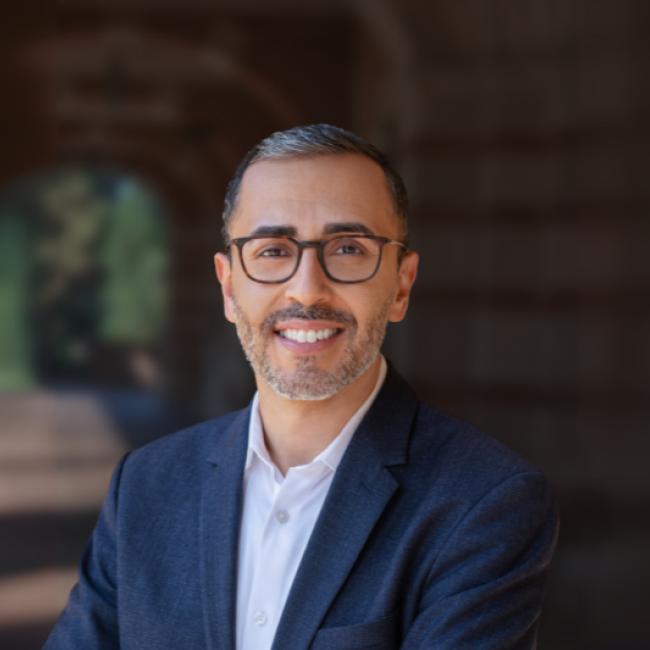
Dr. Mina Sedrak receives $3.4 million grant from National Institutes of Health
Dr. Mina Sedrak, associate professor of medicine at the David Geffen School of Medicine at UCLA and director of the Cancer and Aging Program at the UCLA Health Jonsson Comprehensive Cancer Center, has received a five-year, $3.4 million grant from the National Institutes of Health to examine how exercise and certain drugs may be able to slow chemotherapy-related accelerated aging seen in breast cancer survivors.
While chemotherapy can help rid the body of cancer, it can also make the body age faster. One reason for this aging is the presence of senescent cells. When cells are put under stress, such as when their DNA is damaged from chemotherapy treatments, they can enter a state called senescence, in which they stop dividing. This state can act as a safety mechanism that can help protect against cancer, as it forces would-be cancer cells to stop dividing. However, the persistent accumulation of senescent cells in tissues over time, following the completion of chemotherapy, also contributes to chronic inflammation and accelerated aging.
Increasing evidence now suggests that senescent cells can be targeted and reduced with interventions such as exercise or drugs known as senolytics that selectively remove senescent cells. In animal studies, these interventions can slow biological processes of aging and extend healthspan, the duration of life spent in good health without chronic disease or age-related disabilities. Now Sedrak and his team will determine if the effects of exercise and senolytics, given in combination or alone, will improve physical function and help control accelerated aging in breast cancer survivors.
“As the number of breast cancer survivors rises dramatically — estimated to reach more than 6 million by 2040 — mitigating chemotherapy-induced accelerated aging is an urgent public health issue,” Sedrak said. “This study represents the initial steps toward a transformative vision of improving the health of cancer survivors, offering hope for a future where the negative age-related consequences of cancer treatment can be alleviated, if not entirely prevented.”

